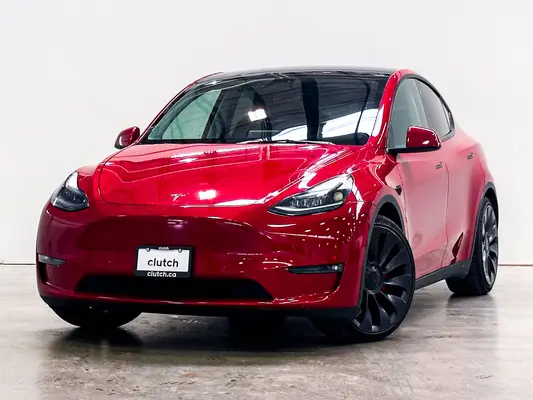In 2024, the electric vehicle (EV) industry is witnessing a revolutionary shift, and solid-state batteries are at the forefront of this transformation. In a recent report by Bloomberg Green, industry experts predict that solid-state battery technology could increase EV range by up to 50% while reducing charging times significantly. This leap in technology is setting the stage for a new era in clean energy and sustainable transportation. In this article, we’ll explore how solid-state batteries are changing the game, what makes them so innovative, and the impact they hold for the future of electric vehicles.
Understanding Solid-State Batteries: The Future of EVs
What Are Solid-State Batteries?
Solid-state batteries differ from traditional lithium-ion batteries by using a solid electrolyte instead of a liquid one. This innovation reduces the risk of battery fires, enhances energy density, and extends battery life. According to TechCrunch, this breakthrough has the potential to overcome the limitations of current battery technologies, offering:
- Greater energy efficiency
- Lower weight
- Enhanced safety features
Why 2024 Is the Year of Solid-State Batteries
The year 2024 is pivotal for solid-state batteries due to several key developments:
- Major Investments: Companies like Volkswagen and Toyota are investing heavily in solid-state technology, with Volkswagen planning to introduce solid-state batteries in their EV lineup by 2025.
-
Technological Advances: Recent advancements in materials science, as reported by MIT Technology Review, have made solid-state batteries more viable for mass production.
-
Government Support: Policies favoring clean energy and reduced emissions are accelerating the adoption of advanced battery technologies.
Benefits Over Conventional Lithium-Ion Batteries
Solid-state batteries offer several advantages over their predecessors:
- Increased Energy Density: They can hold more energy per unit of weight, leading to longer driving ranges.
- Faster Charging: Solid-state batteries can charge in minutes rather than hours.
- Improved Safety: The absence of flammable liquid electrolytes reduces the risk of combustion.
The Impact on the EV Market
Leading the Charge: Brands Embracing Solid-State Technology
Several automakers are pioneering the use of solid-state batteries:
- Nissan: Set to release a solid-state battery-powered vehicle by 2028, aiming for a 500-mile range on a single charge.
- Ford EV: Collaborating with multiple battery manufacturers to integrate solid-state technology into their electric trucks by 2026.
- Tesla: While focused on lithium-ion advancements, Tesla is actively researching solid-state alternatives to remain competitive.
Consumer Benefits and Expectations
For consumers, the shift to solid-state batteries means:
- Lower Costs: As technology matures, production costs are expected to decrease, making EVs more affordable.
- Enhanced Performance: Drivers can expect smoother rides with extended ranges and rapid charging capabilities.
- Sustainability: Solid-state batteries are more environmentally friendly, aligning with global efforts to reduce carbon footprints.
How to Transition to a Solid-State EV
If you’re considering an EV with solid-state technology, keep these tips in mind:
- Research Available Models: Stay informed about which brands are launching solid-state models.
- Evaluate Charging Infrastructure: Ensure that charging stations in your area support rapid charging capabilities.
- Consider Long-Term Savings: While initial costs may be higher, the long-term savings in maintenance and charging make solid-state EVs a smart investment.
Overcoming Challenges and the Path Forward
Addressing Production and Scalability
Despite their promise, solid-state batteries face challenges:
- Manufacturing Complexity: Producing solid-state batteries requires new manufacturing processes, as highlighted by InsideEVs.
- Material Availability: Securing sufficient raw materials remains a hurdle.
The Road Ahead: Innovations and Opportunities
The future of solid-state batteries is bright, with ongoing research focused on:
- New Materials: Researchers are exploring alternative materials to reduce costs and improve performance.
- Partnerships: Collaborations between automakers and tech companies are accelerating technological advancements.
Conclusion: Solid-State Batteries and the Future of EVs
In conclusion, solid-state batteries are set to revolutionize the EV landscape in 2024 and beyond. With their superior energy density, safety, and efficiency, they represent a significant leap forward in battery technology and clean energy. As automakers race to integrate these batteries into their vehicles, consumers can look forward to more efficient, affordable, and sustainable transportation options. Are you ready to embrace the future of electric mobility? Join the conversation and explore how solid-state batteries will shape our world in the years to come.
By keeping an eye on emerging trends and technological advancements, you can stay ahead in the rapidly evolving world of electric vehicles. Solid-state batteries are not just a technological upgrade; they are a catalyst for change in how we think about transportation and sustainability.

